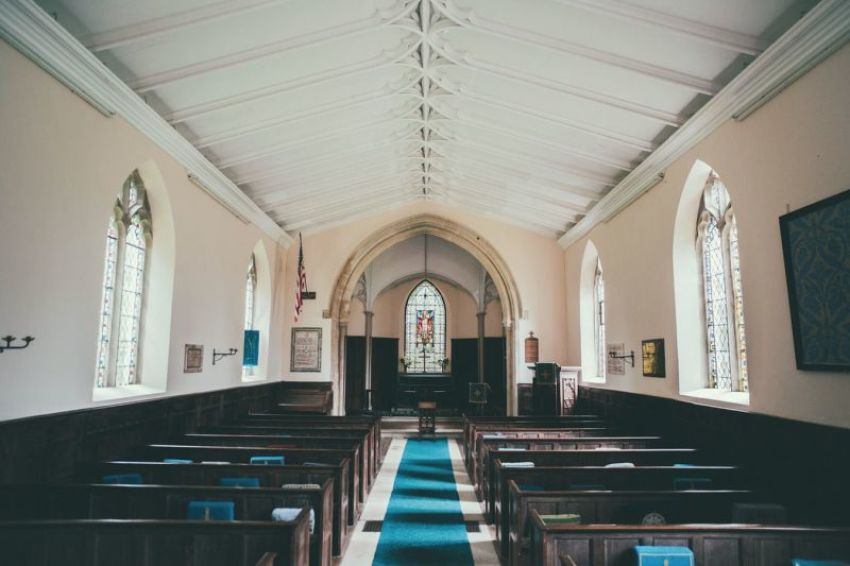GOP lawmakers in Kansas overturn gov.’s restrictions on church gatherings

Days before Easter, Republican lawmakers in Kansas overturned on Wednesday Gov. Laura Kelly’s executive order restricting religious gatherings and funerals to no more than 10 people.
The decision was made by Republican House and Senate leaders on the Legislative Coordinating Council who voted 5-2 along party lines to remove the cap on the gatherings, citing First Amendment concerns from members of the Christian community as the nation prepares to mark the holiest day for Christians around the world on Sunday.
“I’ve received an absolute outpouring of concerns from people of faith. And it's not because they were planning on attending a worship service for Easter,” Senate President Susan Wagle said during the panel’s conference call, invoking religious liberties, KCUR reported. “They think it’s totally inappropriate for the governor to tell them that they cannot worship in a way and in the manner that they choose to on Sunday.”
The move came as an outspoken minority of pastors across the country have continued to defend their right to gather and resist calls from federal and local government authorities to close their churches amid the new coronavirus pandemic.
Kansas currently has more than 1,000 confirmed cases of the new coronavirus, also known as COVID-19, and 38 people have died from the disease so far.
Responding to the decision to overturn her executive order in a series of tweets Wednesday, Gov. Kelly said she was “deeply disappointed.”
“This virus has been hard for all of us. As your governor, all I can do is take decisive steps to mitigate the damage, flatten the curve as quickly as possible, and prevent this virus from reaching its full, lethal potential,” she wrote.
“That’s why all the difficult decisions I’ve made up to this point have been unavoidable, and absolutely crucial. That’s why I’m deeply disappointed that Republican leadership isn’t putting the health and safety of Kansas families first – including our faith communities,” she continued. “At the end of the day, we are all in this together. So we have got to work together. Period. If we’re going to beat COVID-19, we must attack it with the same resolve - united as Kansans.”
Lee Norman, secretary of the Kansas Department of Health and Environment, said he was angry and ashamed about the move by state legislators.
“Nothing fun, nothing fancy. Whatever Kansas legislators do doesn’t reverse what The Public needs to do. Stay home so we can beat this scourge. Despite what the ‘leaders’ of the Legislature say. We are so close, and they are doing politics. Don’t fall for it! I am SO angry! Shame!” he tweeted.
Wagle told The Wichita Eagle that most people are aware the coronavirus is highly contagious and want to limit its spread, “but don’t tell us we can’t practice our religious freedoms.”
During the daily White House briefing about the controversy over Kelly’s order, Vice President Mike Pence said President Donald Trump’s coronavirus guidelines call for Americans to avoid gatherings of more than 10.
“And that’s on the advice of all of our best scientific experts, as a way that we can, we can slow the spread,” Pence said. “But as we’ve made clear to every governor, we defer to our governors and what they believe is the best and appropriate practice in their states, and we’ll support those local decisions.”
Richard Levy, a constitutional law professor at the University of Kansas, told the Wichita Eagle that while First Amendment concerns were raised about Gov. Kelly’s order, a 1990 U.S. Supreme Court ruling that laws that don’t specifically target or single out religions for adverse treatment are generally treated as valid even if they incidentally burden religious freedoms or practices.
“If it’s possible to document that small religious gatherings had led to the spread of the coronavirus in a way that other gatherings have not, then there is a chance that the court would say singling out religious gatherings satisfies even strict scrutiny,” he said.
In cases like that, “it’s not about suppressing religion. It’s about the realities of the coronavirus.”



























